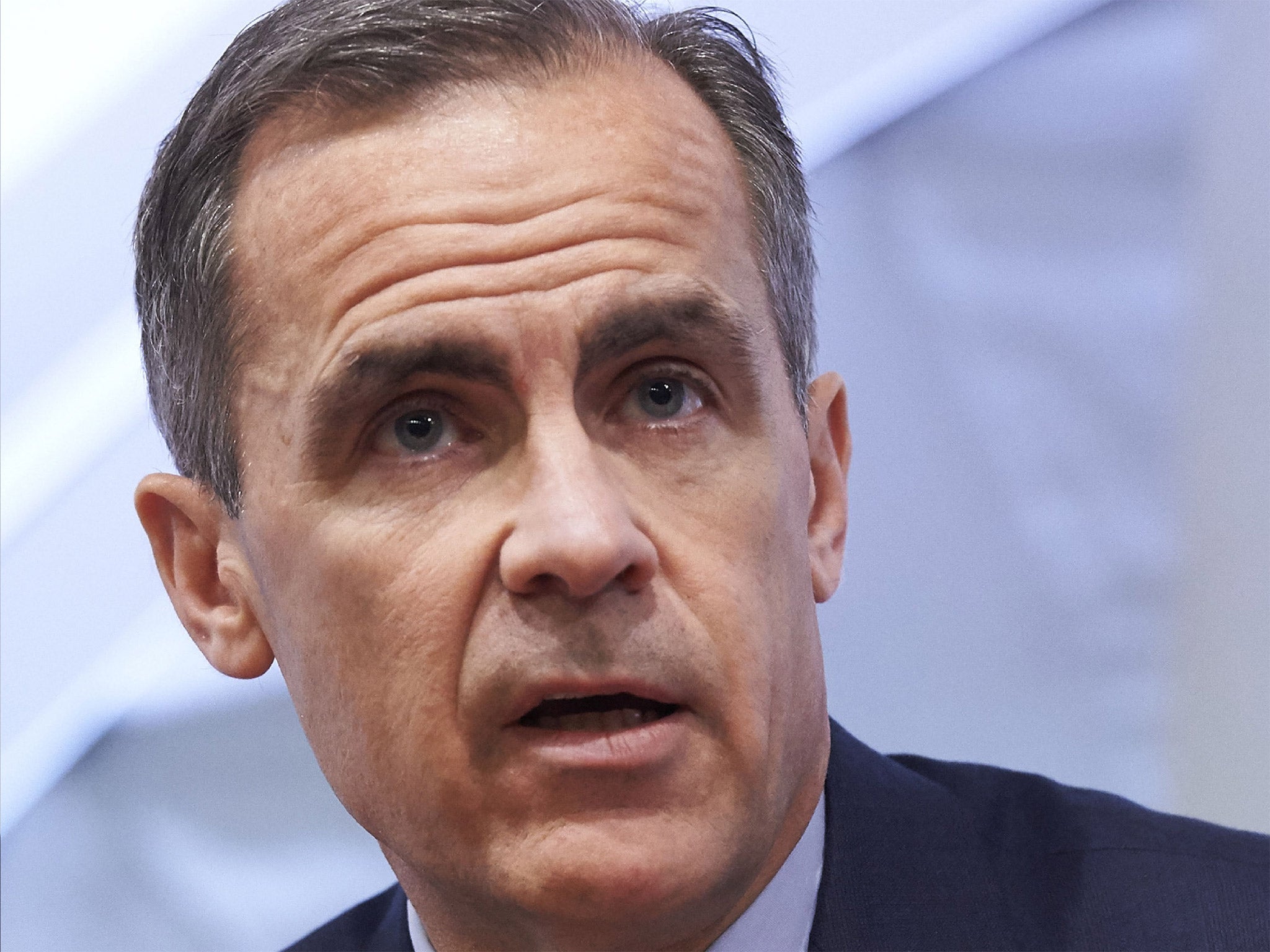One debate, two guv’nors: Carney and King can bring light instead of heat to EU vote
Outlook

Should the Governor of the Bank of England stay outside Britain’s debate over the EU? My understanding is that he didn’t intend to enter it when he appeared before the Treasury Committee. Quite the reverse.
But whether he likes it or not, he is now in it. Partly that is because of the tenor of the debate, already febrile and likely to get more so. The positions of adherents on both sides are held with a fervour that borders on fanaticism. Fellow travellers are deified, while opponents are cast into the pit.
As such, any opinion voiced by Mr Carney and seen as being in support of one side or the other was always going to be seized upon and shaken. He might argue he was only telling it as he saw it and answering questions he was asked when he said the British economy had been made more dynamic through membership of the EU and Brexit was the biggest risk facing it among other things. In reality, he was asking for trouble, and as a grown-up he should have known that – even if much of what he said in the hearing was carefully nuanced and peppered with “coulds” “mights” and “maybes”.
However, might there not be a strong case for him to go further and dispense with some of those qualifications?
Mr Carney is not a British national. As such, it might be rather useful to hear more about what he thinks – to have some sober analysis beyond the limited milieu of the Bank’s mandate.
So far there has been a lot more heat expended in the debate than light cast upon the issues. A cool economic assessment from the likes of Mr Carney might cut through some of it and prove very useful in informing a public who are being asked to make a decision of historic importance on the basis of little in the way of facts, still less of sobriety.
The former Bank governor Lord King told the BBC he hadn’t made his mind up on which way to vote, and implied a rebuke of Mr Carney when he said he felt the public had grown tired of being told which way they should jump. Even though Mr Carney didn’t appear to be trying to do that.
Lord King also appeared to be pitching for a little freelance work when he said he’d like to host a “long” programme examining the arguments on both sides.
That wouldn’t be the worst place for Mr Carney to provide such an assessment, and to answer questions upon it. Having the Governor’s predecessor playing his inquisitor might also provide a bit of spice. So how about it, governors?
Football defies predictions but bookies are on a cert
Leicester’s astonishing assault on the Premiership title is generally being held as a victory for football. But it is also a huge win for a betting industry that seems in need of a pick-me-up as it grapples with new taxes, regulations and the after-effects of a flurry of deals. Using the sort of language that will surely survive its merger with Betfair, Paddy Power declared that football results this season have been “as reliable as a Volkswagen emission test”
Which is good news for Betty Power, – sorry, Paddy Power Betfair. Bookies get fat when the traditional big four teams lose, as they have been making a habit of doing this year, and the uncertainty also stimulates betting. Odds-on shots aren’t terribly attractive to punters, unless they are among those who favour accumulator bets featuring several “bankers”. This year it seems there’s no such thing. The uncertainty that gambling thrives upon rules the day.
Even previously moribund markets have sprung into life. The annual Premiership stakes features a field of 20 of which only two, perhaps at most three, can usually be realistically said to have a chance. That’s no longer true.
The parity in the Premiership that is causing the current betting jamboree has been brought by Sky’s billions. One even wonders if the broadcaster might now be having second thoughts about selling that majority stake in its betting arm.
Of course, the forthcoming Cheltenham Festival could yet change all that. But even if it does, it will represent only a temporary setback. The bookies will be long-term winners. Aren’t they always?
A crazy world where npower cuts jobs to improve service
Brutal is one way to describe npower’s latest set of results. But well deserved is how its customers might describe the losses racked up by the company, given its appalling performance over billing. The sad result, though, is that 2,400 people will lose their jobs. Apparently the redundancy programme is necessary to improve customer service. Crazy? It certainly looks that way.
But npower might get away with it. Despite all those problems, and despite generating more bad publicity than Donald Trump on steroids, the company still has nearly 5 million customers. It has lost only 7 per cent of its business.
I wrote last week that switching is coming of age. Moneysupermarket and its price-comparison competitors are encouraging more and more people to shop around – but also, potentially, better service. However, while they are having an impact, npower lives on – and might just be able to trade its way through by making its workforce as much the victims as its customers. And potentially putting service to them at more risk. Crazy? That adjective might be better applied to those willing to put up with npower’s shenanigans.
Subscribe to Independent Premium to bookmark this article
Want to bookmark your favourite articles and stories to read or reference later? Start your Independent Premium subscription today.

Join our commenting forum
Join thought-provoking conversations, follow other Independent readers and see their replies